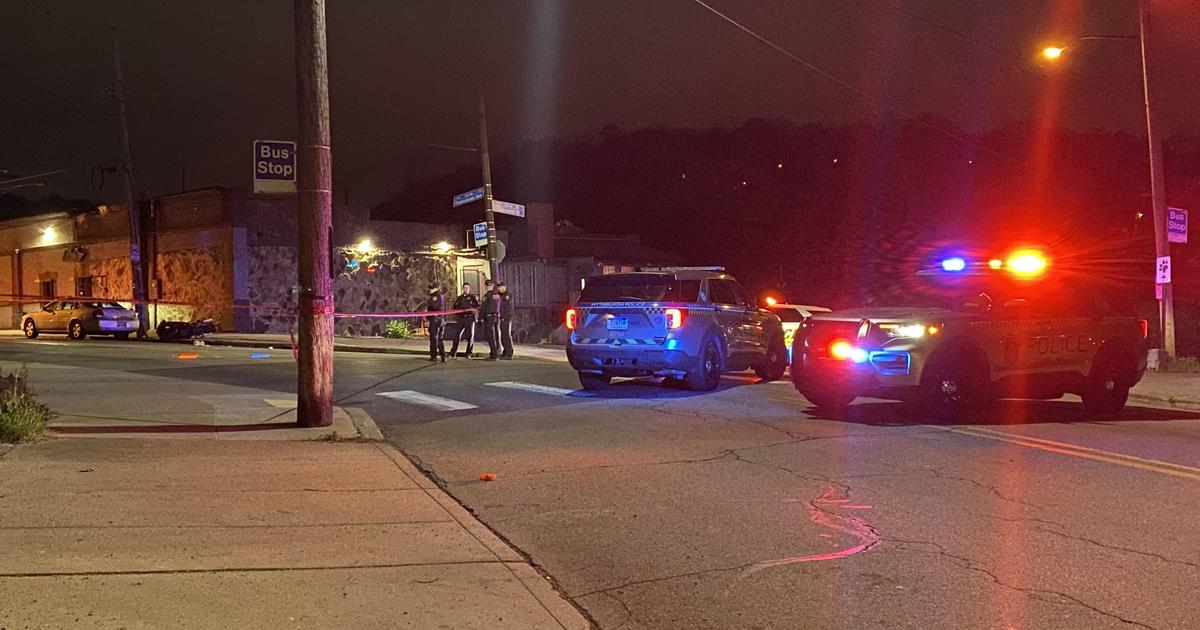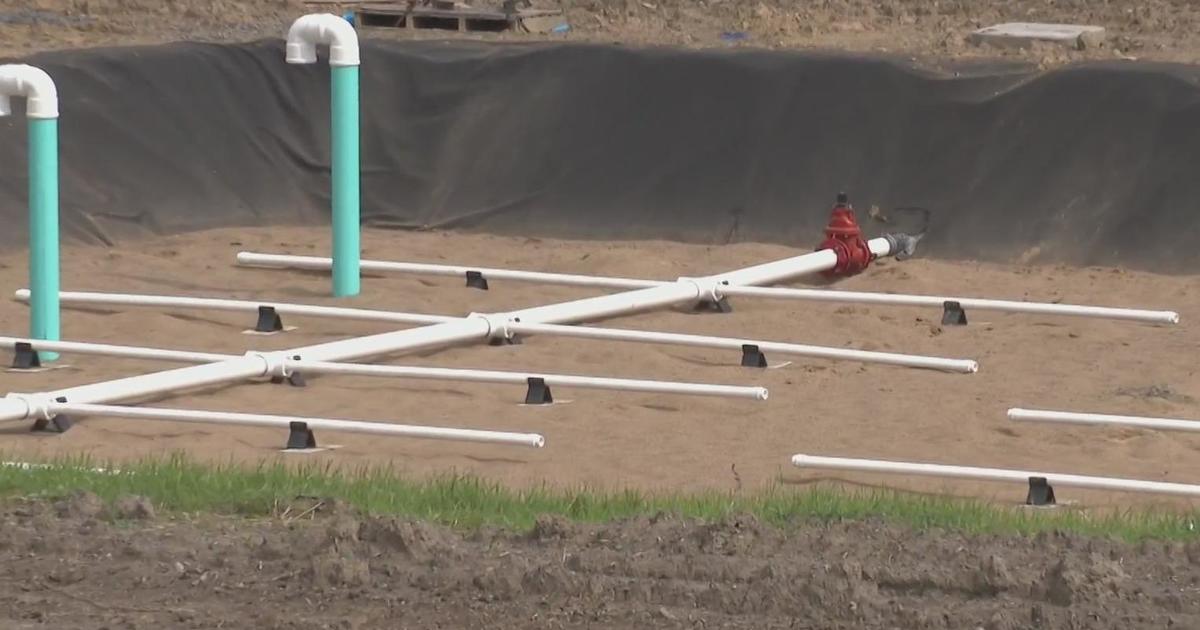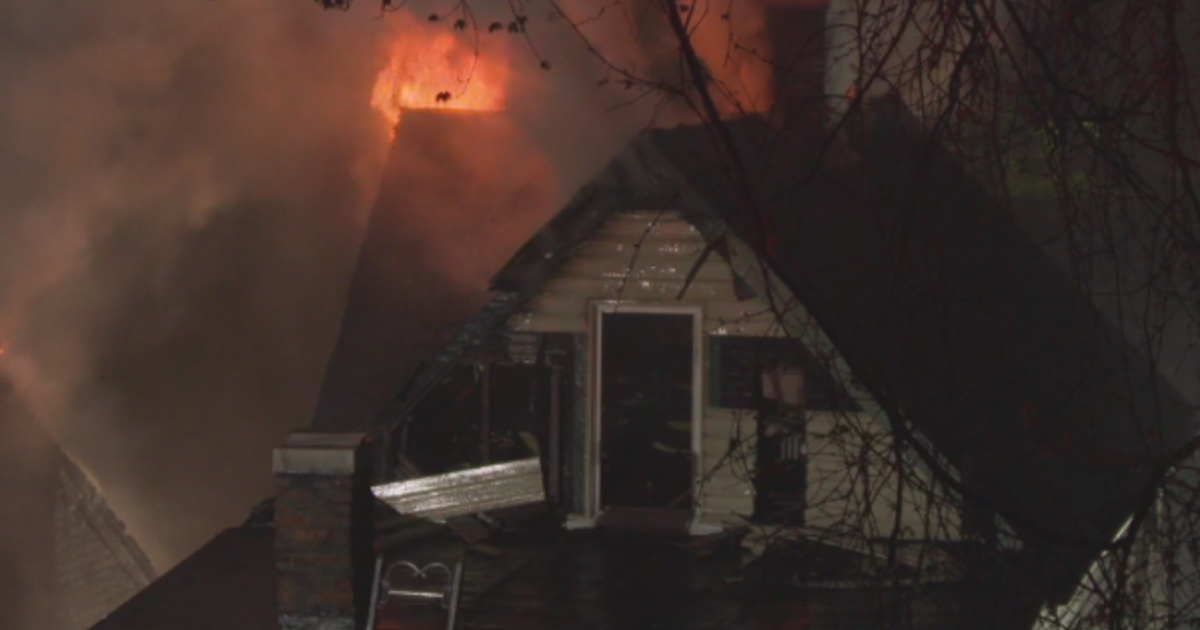Injured Local Veteran Pushes For Better Treatment
BETHEL PARK (KDKA) -- Iraq. July 19th 2005. Corporal Tony Gower and his unit are on patrol.
"That's when the explosion went off," Gower recalled.
Badly wounded by an improvised explosive device, Gower and his men immediately came under fire.
"It felt like time had just stopped," he described. "It felt like three or four hours worth of non-stop fighting."
When it was over, Gower's arm was shattered and his leg was full of shrapnel. Back stateside, President George W. Bush pinned a purple heart on his chest at Bethesda Naval Hospital.
The physical injuries healed, but his life would be permanently altered by a brain injury.
"What has changed is comprehension – putting two and two together," he said. "As far as like watching a movie, just trying to put things together, I have difficulty with that."
It's called TBI – traumatic brain injury. And Gower is one of 100,000 Afghanistan and Iraq war vets suffering from it. But he and his wife, Dawn, don't believe he's getting the help he needs.
Gower takes 17 different drugs every day for TBI and PTSD – post traumatic stress disorder. But six years after his return stateside, his condition has only gotten worse.
"I get very little sleep," he said. "I have a lot of flashbacks, nightmares, night sweats. I wake up sweating in the middle of the night. Loud bangs startle me real bad."
"It sounds typical," Dr. Joseph Maroon, a neurosurgeon, said. "It's not right. It's typical. It's what happens."
Dr. Maroon says with Gower and other vets, the treatment of PTSD and TBI has followed a typical path -- treating each symptom with yet another pill.
He urges the pursuit of other treatments like sessions in hyperbaric oxygen chambers.
"Hyperbaric oxygen works by increasing blood flow to the brain and reducing inflammation in the brain," Dr. Maroon said.
A year and half ago, a local vet support organization sent Gower to Louisiana for a clinical trial involving vets and hyperbaric treatment under the auspices of Dr. Paul Karch.
Positive results have prompted several active studies by the federal government to determine their effectiveness for treating both PTSD and TBI, but Gower is already convinced.
"It helped out tremendously," he said.
For six to eight months, Gower felt his brain powers restored and reduced his medicine to just five pills a day.
And though the problems have returned, he feels that regular hyperbaric treatments would keep him healthy and off pills.
But locally, the VA doesn't yet offer hyperbaric treatment and five years after that IED explosion, Gower says he feels abandoned.
"I did my part and I think they should take care of us," he said.
The local department of veteran affairs would not comment on the Gower case or the use of hyperbaric chambers, but the U.S. Department of Defense is conducting several studies to determine whether its use should be made more available to U.S. veterans.
RELATED LINKS
More Local News
More Reports By Andy Sheehan
U.S. Department of Veterans Affairs
U.S. Department of Defense



